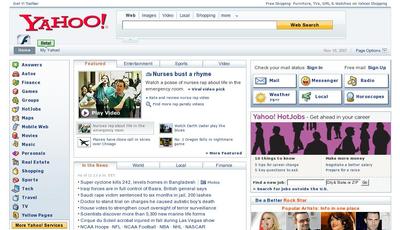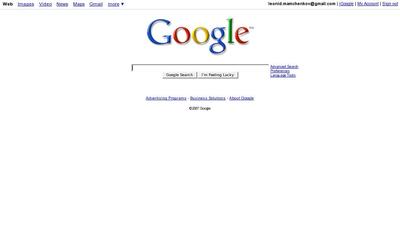A quote from Kim Andrew Elliot’s post (sourced stats from Famagusta Gazette Online Edition):
Expats in Cyprus prefer their news without analysis. Online survey indicates EuroNews is most popular among expats in Cyprus.
Agreed.
One other advantage of EuroNews that wasn’t mentioned is the total absence of the “talking head”. It’s funny sometimes to see how each of the news channels tries to solve the problem of the news reader, who doesn’t have much to do while reading the news. The poor news readers are bounced around the studio, separated into corners or grouped around one table, sitting or standing or sitting again, with empty hands or a piece of paper and a pencil or a laptop computer which is probably switched off because nobody ever looks at it, etc…
EuroNews solved the puzzle years ago. They don’t show the news reader at all. Brilliant! It’s TV for crowing out loud. It’s about moving pictures. Show me the footage from the location. Show me a graphs and scans. Show me a marquee line or a visual effect if you can’t think of anything else.  But don’t show me the talking head!


